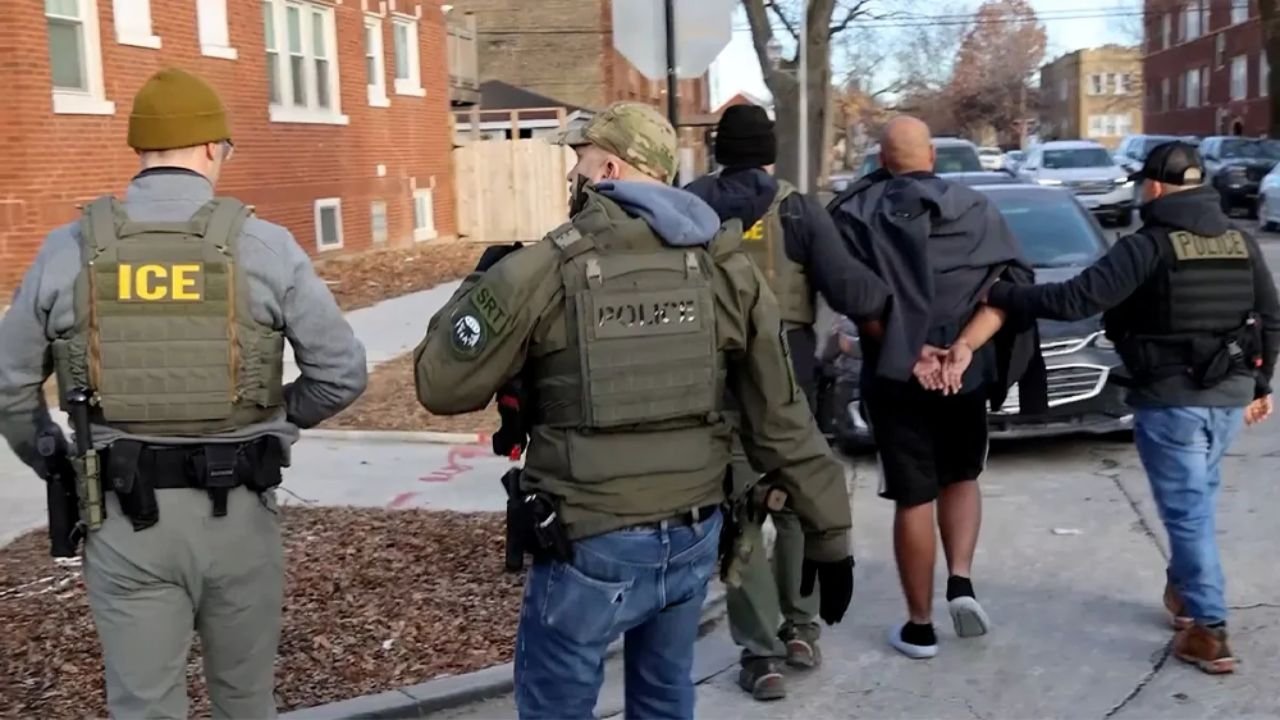Victor Moran, the CEO of a cleaning company in Maryland with 1,200 employees, carefully checks the legal status of every new hire to make sure they are authorized to work in the US.
But despite his efforts, President Donald Trump’s crackdown on immigration is affecting his workforce. After Trump ended protections for immigrants from Venezuela and Nicaragua, about 15 of Moran’s workers left the company. He fears that if these policies are expanded, he could lose hundreds more employees—and finding replacements won’t be easy.
This concern is shared by many businesses across the US, where immigrant workers are now an essential part of the economy.
Immigrants Are Key to the US Workforce
According to recent census data, nearly 1 in 5 workers in the US was an immigrant in 2023, the highest ever recorded. In 1994, that number was less than 10%.
Trump says he is targeting undocumented immigrants, who make up about 4% of the total US workforce. His promise to carry out mass deportations was a key part of his campaign and received strong support—even from some Hispanic voters.
Under Trump’s orders, immigration raids at workplaces have resumed, which had been paused during President Biden’s administration.
But the new policies go beyond just undocumented workers—they also affect students on visas, refugees, and immigrants who were previously given temporary work permits.
People Are Afraid: One Man’s Story
Justino Gomez, a 73-year-old man from El Salvador, has lived in the US for over 30 years. He’s allowed to work through a program called TPS (Temporary Protected Status), which gives people from countries facing crisis legal permission to live and work in the US.
He’s worked as a dishwasher and cleaner, and his earnings helped support his adopted daughter’s education back in El Salvador.
But since Trump already ended TPS for people from Haiti and Venezuela, Gomez fears El Salvador could be next.
“Every time I leave the house, I feel stressed,” he says. “Even when I take the metro, I worry ICE (immigration enforcement) will be there to take us.”
He shared this through a translator from his labor union, 32BJ SEIU.
Business Owners Are Already Feeling the Impact
Trump’s changes are already causing problems for companies across various industries.
Economist Giovanni Peri, from the University of California, Davis, says that the US workforce has stopped growing since Trump took office. Since immigrants make up a large portion of workers, any reduction in their numbers will slow down business growth, and companies may struggle to hire.
He warns that:
- Fewer workers = slower economic growth
- Labor shortages = higher wages, leading to inflation
He compares it to Japan, where strict immigration laws and an aging population have led to a shrinking economy.
“The US is shifting from being a country where immigrants are part of success to one that is closed off,” says Peri. “This will make the economy less dynamic and more stagnant.”
Real-Life Business Challenges
- Adam Lampert, CEO of Texas-based Cambridge Caregivers and Manchester Care Homes, says that about 80% of his 350 employees are immigrants.
“We don’t try to hire immigrants on purpose—it’s just that immigrants are the ones applying,” he explains.
Due to Trump’s policies, he has already lost some workers who had been legally working under temporary permits.
Lampert also worries that if undocumented workers are forced out, demand for his legally employed staff will rise, pushing up wages and prices.
“We’ll see serious inflation if these workers are removed from the economy,” he warns. - At Harris Health System, a major hospital network in Texas, some staff have already left due to immigration fears.
CEO Esmail Porsa says that training American replacements could take years, especially as the demand for healthcare workers increases with an aging population.
Construction and Other Industries at Risk
Jim Tobin, head of the National Association of Homebuilders, says many construction companies are seeing work crews disappear—a direct result of Trump’s enforcement.
This not only slows down building projects but also raises costs in a sector where housing prices are already high.
The construction industry has asked Congress to create special work visas for construction laborers. But Tobin says he doesn’t expect any major immigration changes soon:
“Until the president signals change, all we’re going to see is enforcement.”







